Search

Diagnosis and signs of the pregnancy
Confirm a suspected pregnancy immediately to avoid unnecessary risks to your baby.

First visit
A detailed medical history, of you and your partner, will be recorded at your first prenatal visit.
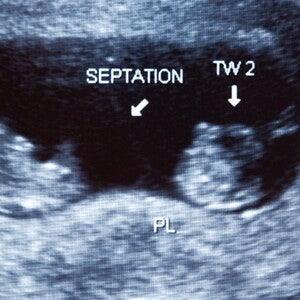
Multiple births
Regular prenatal care is most important if you are carrying more than one baby, as the risk to you and your babies is higher.

Subsequent prenatal visits
Your health, and the growth and development of your baby, must be closely monitored.

Prenatal Checklist
Preparing for your prenatal appointments is important. Find out our prenatal checklist, so you can ask the right questions to your healthcare provider.
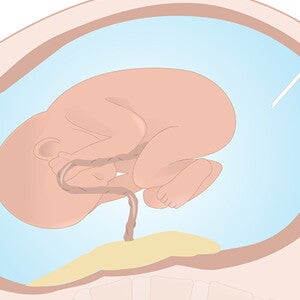
Diagnostic tests
Diagnostic ultrasound
The most important scans are performed at 12 weeks and 16 weeks. These early scans often prove the most accurate in determining the date of birth.

Hospital stay and going home
The average stay in hospital is about three days, if there are no complications. Use the time to rest and gather as much information as possible.

Your body
After the birth your body undergoes rapid physical and hormonal changes.
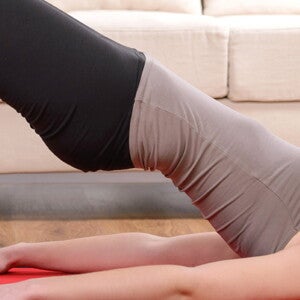
Postnatal exercise progressions
Check your basic progressive exercise programme with your caregiver.

Check-up
A general physical and gynaecological examination is advised 4–6 weeks after delivery to assess your recovery and the return of your body to its non-pregnant state.

Emotional adjustments
Your feelings about the birth

Don’t forget your support system
An action plan for your family and friends.

Getting baby to Sleep & fighting fatigue
Getting enough sleep during the first months of your baby’s life means adjusting to your own new sleep habits and those of your baby.
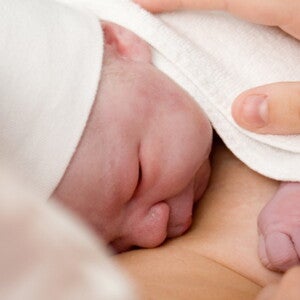
My newborn
Parent-infant interaction
Interaction with your baby begins before she is born. You usually feel life at about 20 weeks into pregnancy as light, fluttering sensations.
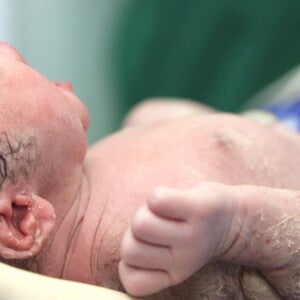
The Apgar score
Apgar:
A system of evaluating a newborn’s physical condition by assigning a score (0,1, 2) to each of the following criteria:
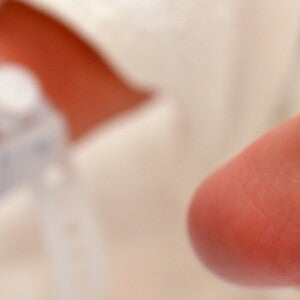
Your baby’s appearance at birth
Many parents are surprised or even alarmed at the sight of their newborn. It is important to understand that the effects of birth are usually temporary and the baby’s looks improve rapidly.

Common concerns in the first days
Physiological jaundice

At Six Weeks
Your baby will smile deliberately, especially for his parents. He can hold his head up momentarily, and focus on and follow moving objects.

At Two Months
By 2 months, he can lift his head when on his tummy and hold his head up when held at his shoulder.

At Three Months
Your baby lifts his head up when lying on his tummy. His hands can grasp a small rattle, and he has started laughing.

At Four Months
Baby is growing and getting excited about, well, just about everything. Especially playtime and all the things hands can touch. Hands are so fascinating!

At Five Months
He starts to roll over from his tummy onto his back.

At six months
At this stage, baby’s development is on ‘fast-forward’. It’s an ideal time for sitting up and looking around. So, what’s the most interesting thing for baby right now? Baby’s mouth!
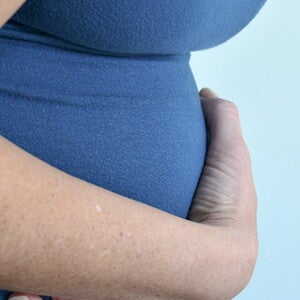
Contact your doctor
What signs and symptoms during pregnancy to be aware about.

Sleeping
Babies all have individual temperaments, which will affect their sleep patterns. Some are sleepy and others more alert and wakeful.
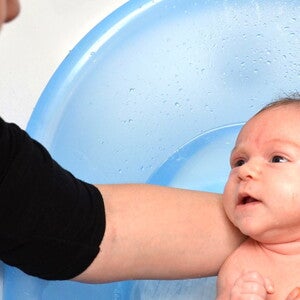
Bathing
Use your hospital stay to learn how to bath your baby. Babies usually have their first bath about an hour after birth.

Schedule and routines
Routines are difficult to establish with a new baby. You may feel as if your life revolves around the insatiable needs of your baby.
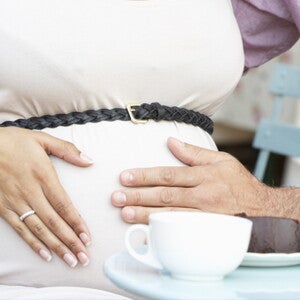
Foetal wellbeing tests during late pregnancy
Foetal movement counts (after 28 weeks)
Be aware of your baby’s pattern of movements on a daily basis by counting four foetal movements in the hour after a meal every day.

Crying
A new baby cries a great deal of the time. It is her only way of communicating. It is difficult at first to know why she cries, but your ability to interpret her cries will improve with time.


